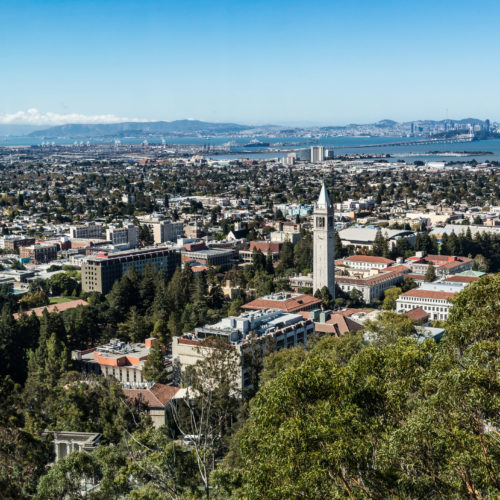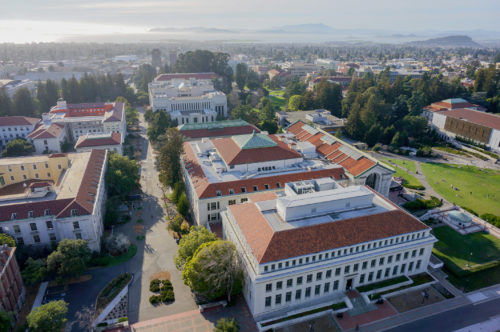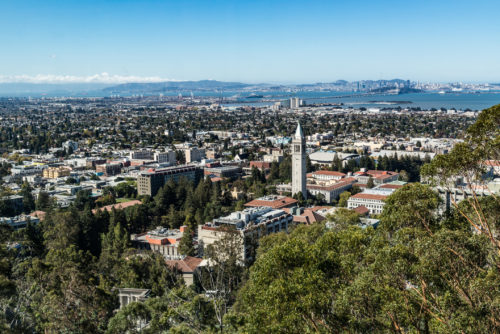
eLab Accelerator 2016
Berkeley Microgrid Resiliency Project

Project Objective
The City of Berkeley aims to develop a multi-technology, multi-facility, microgrid pilot – establishing a scalable and replicable model to improve access to clean energy in an urban context and support community resilience.

Team Members
City of Berkeley:
Katie Van Dyke, Climate Action Program Manager, Office of Energy & Sustainable Development
Neal De Snoo, Energy Program Officer, Office of Energy & Sustainable Development
Farid Javandel, Transportation Division Manager, Transportation Division
Sachu Constantine, Director of Policy, Center for Sustainable Energy (CSE)
PG&E:
Joe Herr, Principal Customer Strategic Planner, Customer Energy Solutions - Service Analysis
AECOM:
Bill Abolt, Vice President, Energy

Project Description
Berkeley is committed to advancing its energy assurance and community resilience through clean energy microgrids. Ultimately, Berkeley envisions working with stakeholders to establish a series of microgrids throughout the community to connect multiple public and private critical facilities, such as care and shelter sites, public safety facilities, and health care facilities. As a first step, the City is establishing a multi-facility microgrid pilot project in its Downtown area. The anchor of the microgrid will be the Center Street Garage, which is being rebuilt in 2016 and is designed to include up to 318 kW of solar PV, battery storage, conduit, electric vehicles, and intelligent controllers. Through participation in the eLab Accelerator, Berkeley and its partners seek to analyze the regulatory, operational, technological, and economic feasibility of connecting the Center Street Garage to other nearby critical facilities to efficiently manage load and operate independently of the macro-grid during a power disruption.

Progress Made to Date (pre-Accelerator)
Initial steps have been taken to develop the microgrid, starting with the development of the Center Street Garage. The City has identified a qualified team through a competitive Request for Qualifications (RFQ) for Energy Assurance/Microgrid Project Services. and the City’s Berkeley Energy Assurance Transformation project has been announced as a proposed awardee of California’s competitive Electric Program Investment Charge (EPIC) grant.

Project Background Information
The project is a priority initiative for the City, as demonstrated by Resilient Berkeley, a product of the 100 Resilient Cities initiative. http://www.ci.berkeley.ca.us/Resilience/ This project is consistent with the City’s ambitious Climate Action Plan: https://www.cityofberkeley.info/climate/

Post-Accelerator Outcomes
At Accelerator, the Berkeley team examined ways to advance the Center Street garage clean energy microgrid project, in close collaboration with their utility (PG&E). Developing these solutions began with building a common understanding of the current system, that prioritizes resiliency benefits, particularly the ability to serve nearby public buildings critical to support and coordinate disaster response. Identifying the needs of each stakeholder group, and how each could benefit from the microgrid led the team to address a range of technical, financial, and policy barriers. The team will now move forward to build the resilient microgrid, closely examine the critical facilities it will serve, and conduct a feasibility analysis and design through a grant from the California Energy Commission. Continued collaboration with the utility, key technical partners, and other resources will augment City of Berkeley capabilities in developing the best solution to serve the community.